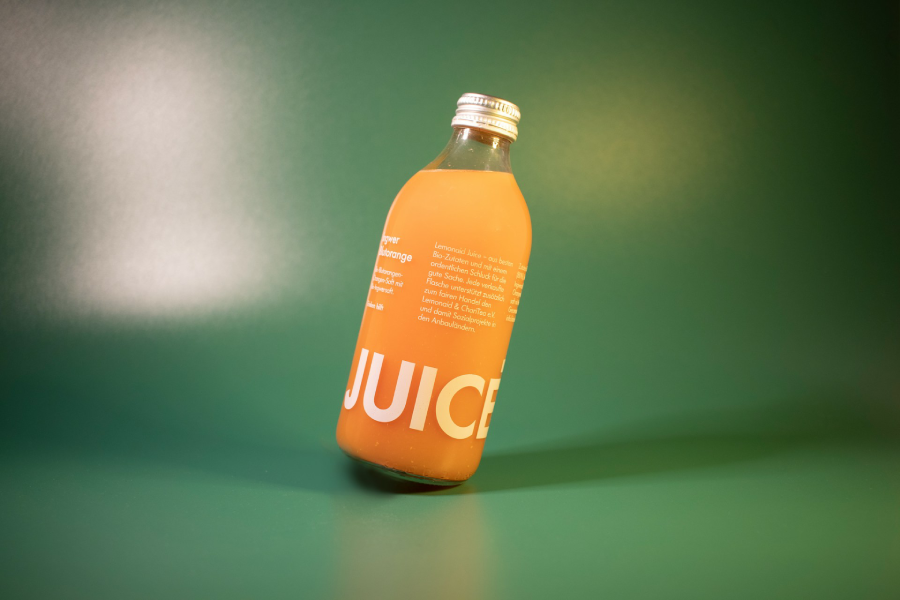¿Es el envase de vidrio menos sostenible que el de plástico?

A estudio reciente realizado por investigadores de la Universidad de Massachusetts Amherst ha puesto en tela de juicio las percepciones comunes sobre la sostenibilidad de los distintos materiales de envasado de los envases de zumo de naranja en monodosis. Según el estudio, aunque muchos consumidores consideran que el vidrio es la opción más sostenible, esta creencia no se corresponde con la realidad medioambiental del impacto del ciclo de vida de los envases.
El estudio, dirigido por Nomzamo Dlamini, doctorando en ciencias de la alimentación y antiguo becario Fulbright de la Universidad de Pretoria, reveló que el vidrio es uno de los materiales de envasado menos sostenibles si se tiene en cuenta el ciclo de vida completo, incluidos los procesos de producción y reciclado. A pesar de ello, el vidrio fue la opción preferida entre los consumidores estadounidenses encuestados, que lo clasificaron en primer lugar en términos de sostenibilidad percibida, seguido del cartón, el aluminio y el plástico.
Dlamini se mostró sorprendida por los resultados y señaló que la energía necesaria para producir y reciclar vidrio es considerablemente superior a la del plástico. La investigación puso de relieve que el plástico, a pesar de su controvertida reputación, tiene un impacto medioambiental global menor que el vidrio. Esto se debe a su menor peso, que reduce la energía necesaria para el transporte, y a los procesos menos intensivos en energía utilizados en su producción y reciclado.
El estudio empleó el análisis conjunto para explorar las motivaciones de los consumidores a la hora de elegir envases. Reveló que, aunque muchos consumidores manifiestan su preferencia por los envases sostenibles, sus decisiones de compra se rigen a menudo por el precio. El producto ideal, según la encuesta realizada a 847 adultos, era un zumo de naranja de 12 onzas con un precio de $1,10, envasado en vidrio, producido localmente y etiquetado como 100% reciclable.
Los resultados subrayan la necesidad de que la industria alimentaria equilibre la sostenibilidad con la asequibilidad para fomentar una mayor adopción de envases respetuosos con el medio ambiente. Sin embargo, el estudio también subraya que la forma más eficaz en que los consumidores pueden contribuir a la sostenibilidad es reduciendo el desperdicio de alimentos, que tiene un impacto ambiental más significativo que las opciones de envasado por sí solas.


Respuestas